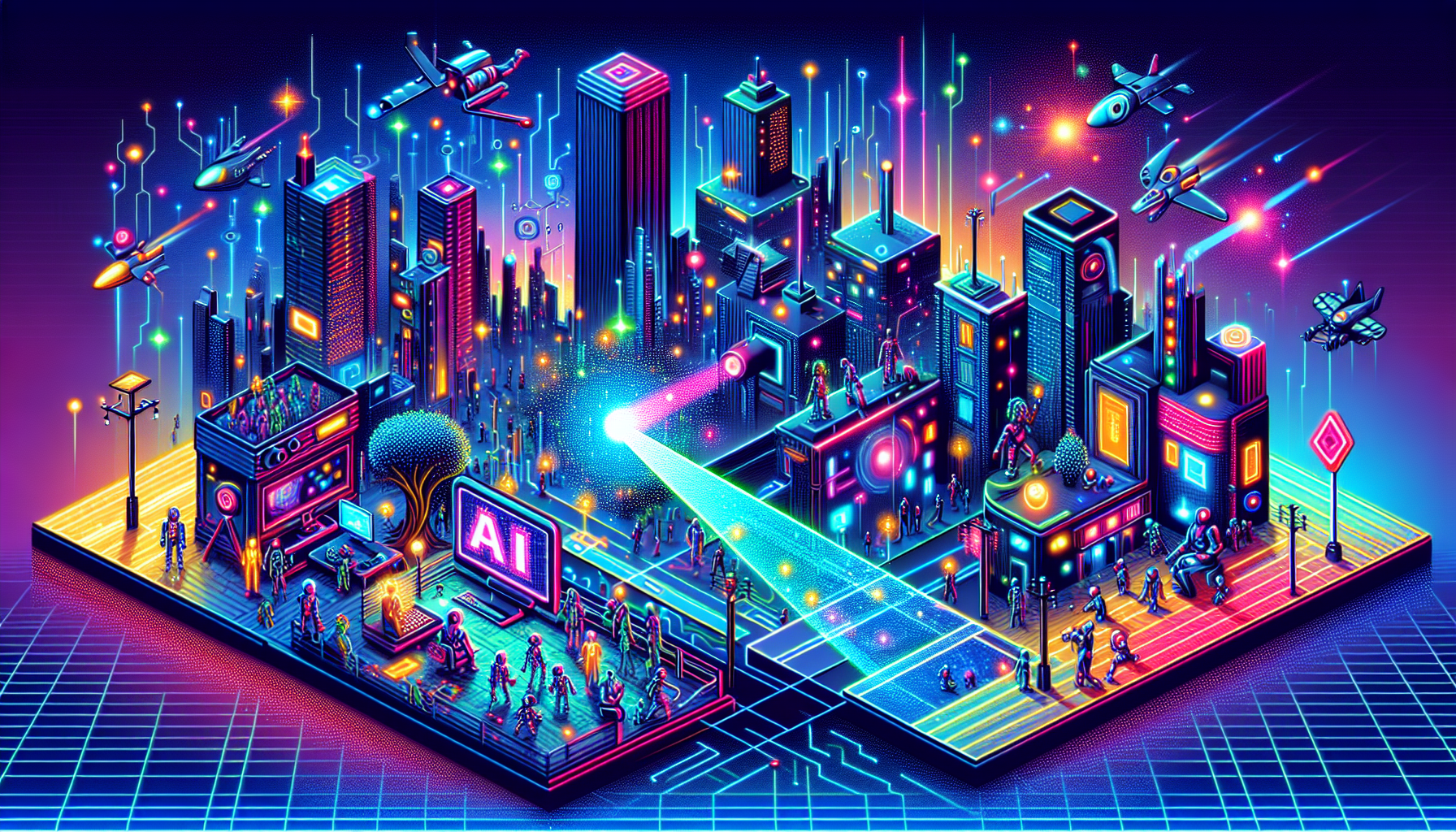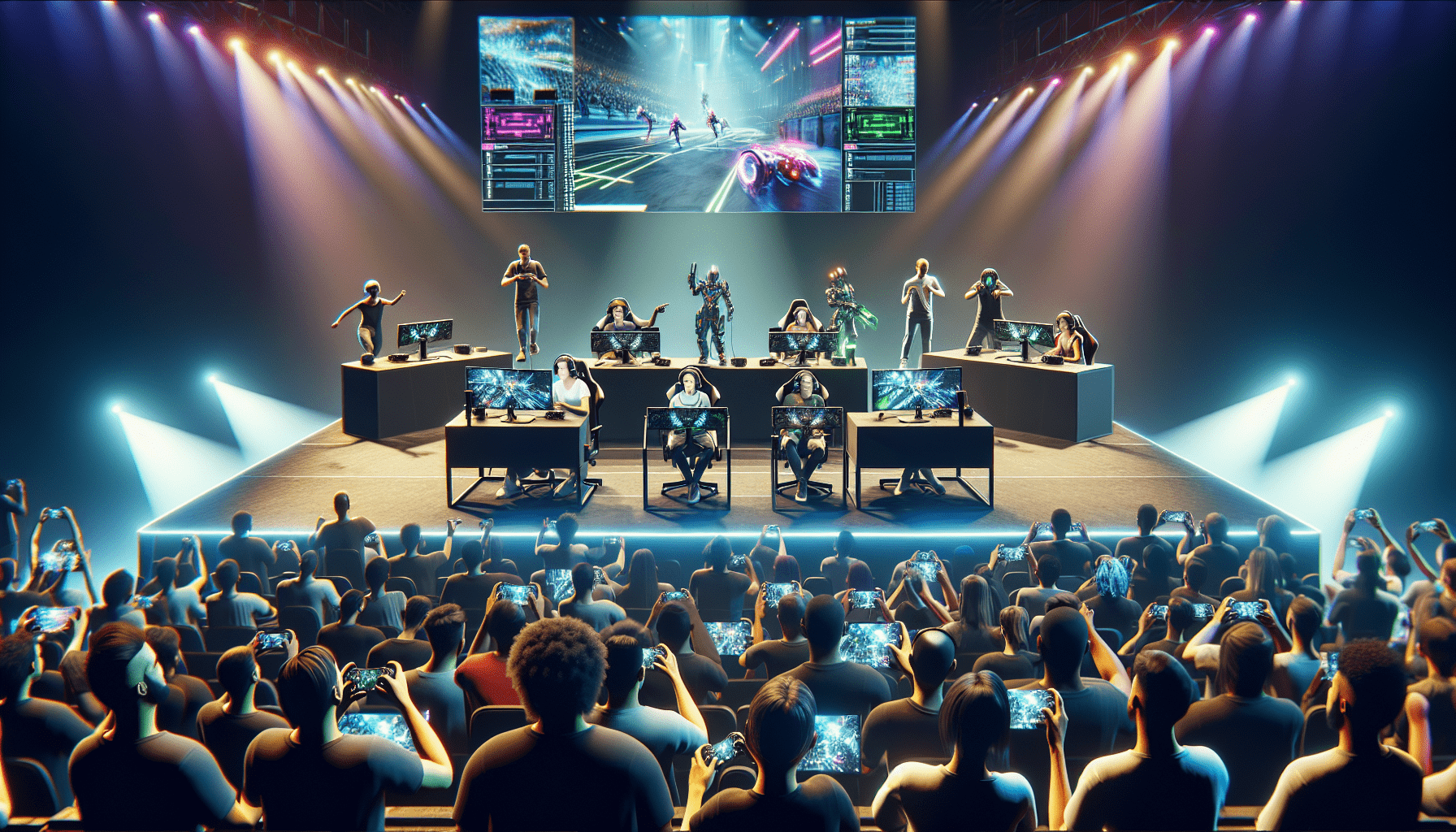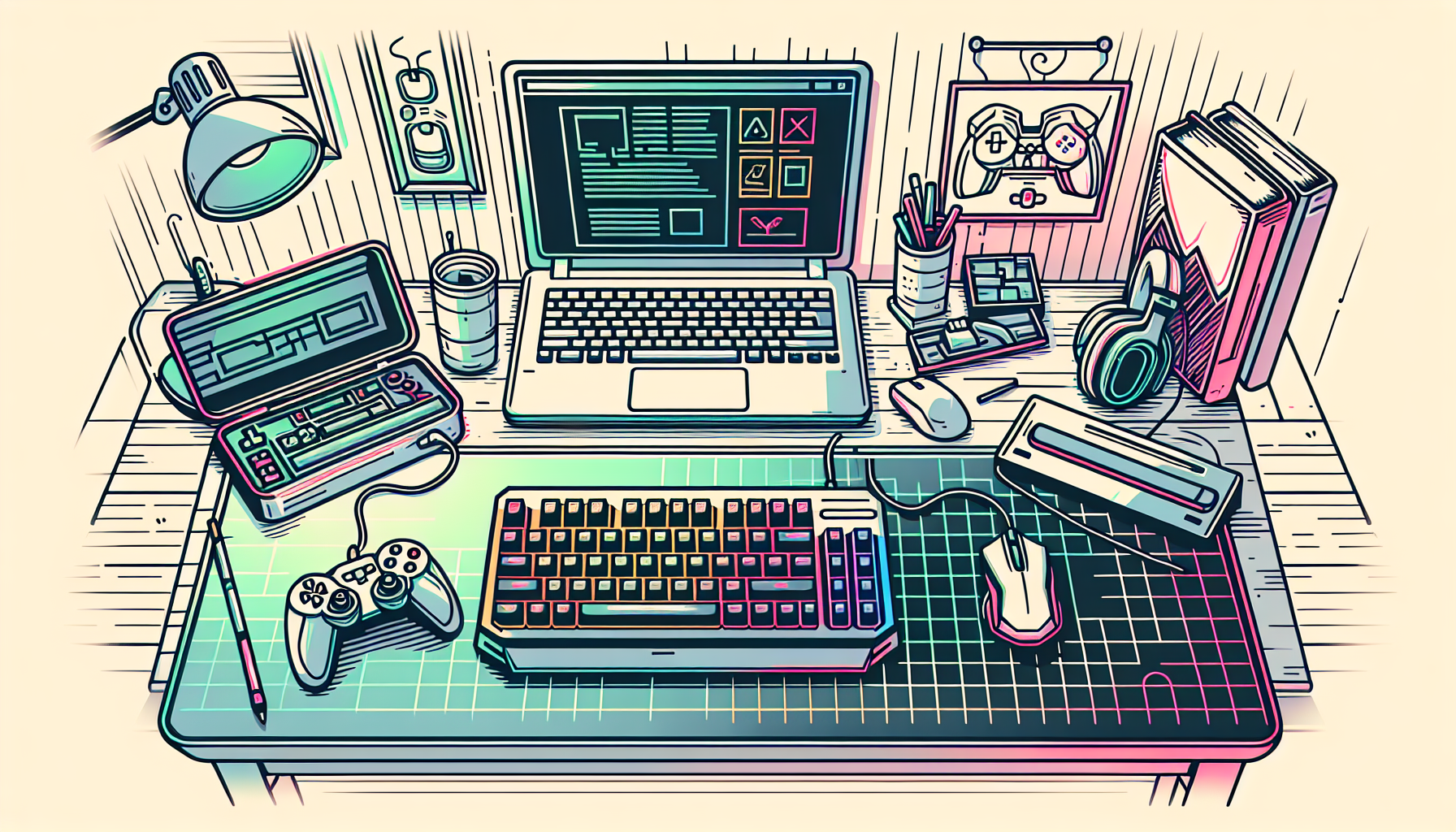The gaming world finds itself at a fascinating crossroads as advances in artificial intelligence encounter new challenges. In a recent statement, Google CEO Sundar Pichai noted an anticipated deceleration in AI development, asserting that the low-hanging fruit is gone. These remarks have reverberated throughout the tech sphere, especially in gaming, an industry intertwined with AI innovation.
Charting New Territories in Gaming
Pichai’s comment about a potential slowdown in AI development symbolizes a pivotal moment for technology giants and innovators. Reflecting on my own gaming experiences, it’s clear that evolving technology often ushers in new narratives and gameplay dynamics. Back in the early days of gaming, embracing novelty was simpler; each new console or graphics improvement felt monumental. But as advancements become more intricate, it feels like we’ve arrived at a fork in the road where imagination and innovation must lead the way. Developers are now tasked with pushing against the boundaries of creativity to forge experiences that resonate personally. Every leap in technology feels like unlocking a new level in interactive storytelling. These advancements draw me deeper into expansive universes where my choices significantly influence the narrative, making the experience feel unique and genuine.
Responses from the Gaming Community
The reaction among gamers to Pichai’s remarks is as diverse as the gaming landscape itself. Many express excitement about AI’s potential to breathe life into characters and narratives. I often find myself dreaming about NPCs that genuinely react to my decisions, influencing the storyline in real-time. I remember the thrill of playing “The Witcher 3” and facing choices that not only changed the plot but also revealed different facets of each character’s personality. The allure of navigating intricate tales with characters that show depth and empathy is a thrilling frontier for all of us. Yet, I also resonate with a sense of caution. The fear of stagnation looms large, echoing experiences from past console cycles where innovation merely plateaued. I vividly recall how eager I was for the next wave of advancements, only to feel let down by what was offered. This experience strengthened my belief that the gaming community is not merely a spectator; we’re all active participants, united in our yearning for progressive changes that enrich our gameplay experience.
The Evolution of Gameplay with AI
The integration of AI in gaming continues to evolve, creating captivating new dimensions of gameplay. Take “The Last of Us Part II,” where the AI-controlled enemies exhibit astonishingly human-like decision-making, enhancing the emotional weight of each interaction. It’s experiences like these that elevate our expectations for game design, leaving us reflecting on future titles striving to emulate such innovation. Similarly, “Ghost of Tsushima” showcases how AI can cultivate remarkable worlds that respond dynamically to player actions, ensuring no two adventures feel the same. With every new gaming experience, I find myself captivated by how AI blends storytelling with player agency, transforming our interaction with games. Moreover, the realm of procedural content generation stands out, enabling unique worlds crafted through algorithms that personalize gameplay with every session. Each time I launch a new game, the thrill of possibilities infuses the experience with excitement, making me wonder how far AI can stretch the boundaries of gaming.
Visions for the Future of AI in Gaming
As I gaze toward the horizon, the transformative potential of AI in gaming appears limitless. The concept of AI that learns from player actions is exhilarating, crafting narratives that adapt and evolve based on individual play styles. Just imagine a game fine-tuning its difficulty and storylines on-the-fly based on your distinct choices; it’s an idea that sparks deep-seated excitement within me about the implications for gaming’s future. However, realizing these ambitious aspirations is fraught with hurdles. The technical challenges of enhancing computing power and increasing algorithm complexity demand not just groundbreaking innovation but imaginative thought. Standing at the precipice of future gaming landscapes fills me with a blend of eagerness and trepidation, reminiscent of navigating uncharted territories in my favorite RPGs.
Join the Conversation on AI’s Role in Gaming
Sundar Pichai’s insights provoke deeper contemplation on the future of AI in gaming. The myriad reactions from the community reflect a shared awareness of both potential hurdles and extraordinary opportunities lying ahead. As we traverse this ever-evolving landscape, we actively participate in shaping this gaming technology journey together. My personal exploration through gaming consistently raises the same profound question: What lies ahead? How will we, as a vibrant community, collectively influence the gaming narratives of tomorrow? Whether viewed through a lens of optimism for groundbreaking possibilities or with caution over potential stagnation, your voice is essential to this ongoing discussion. Let’s dive into the unfolding narrative of AI within our cherished gaming realms and see where our collective journey leads us.










